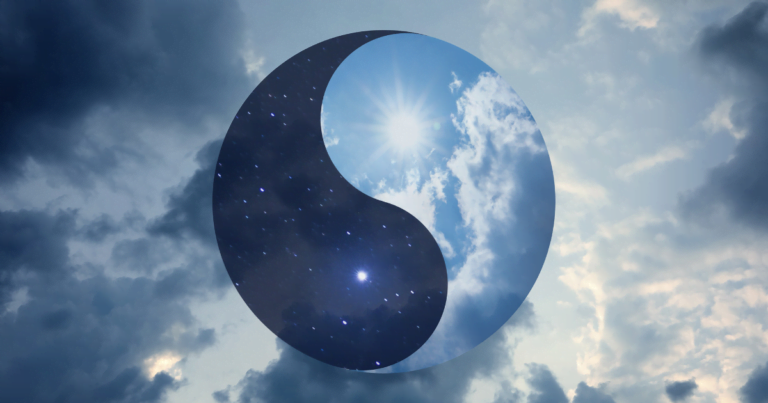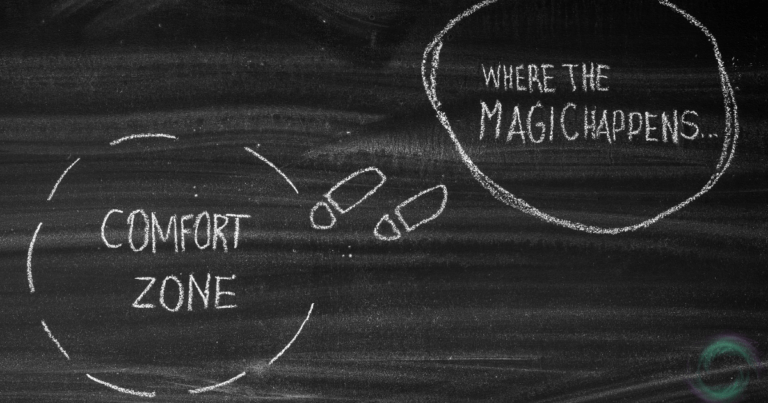Love, Lust, Obsession: Decoding Your Heart’s Emotions
The human heart is a complex labyrinth of emotions. Sometimes, navigating its tangled paths can be confusing, especially when it comes to feelings like love, like, lust, and obsession. These terms are often used interchangeably, but they represent distinct experiences. Understanding these differences is crucial for fostering healthy relationships and achieving emotional clarity.

Love: A Tapestry Woven with Care and Respect
Love is the granddaddy of emotions in this group. It’s a multifaceted experience encompassing emotional intimacy, deep affection, respect, trust, and commitment. Love is nurtured over time as partners build a strong foundation of understanding and shared values. Here are some key characteristics of love:
● Mutual respect and care
Partners in love value each other’s individuality and well-being. They prioritize each other’s happiness and offer unwavering support through life’s challenges.
● Emotional intimacy
Love fosters a deep connection, allowing for open communication and vulnerability. Partners in love feel comfortable sharing their deepest thoughts and emotions with each other.
● Commitment
Love is a conscious decision to stay invested in the relationship through thick and thin. It involves weathering storms and working together to overcome obstacles.
● Growth and support
True love encourages personal growth in both partners. It creates a safe space for individual development while celebrating each other’s achievements.
Like: A Foundation of Friendship and Appreciation
Liking someone is a positive feeling of fondness and appreciation. It’s often the stepping stone to deeper emotions like love. Here’s what sets like apart from love:
● Lighter intensity
Liking is less intense than love. It involves enjoying someone’s company, shared interests, or personality traits, but it lacks the deeper emotional connection and commitment of love.
● Focus on surface level
Liking often stems from an appreciation of someone’s outward qualities, like their sense of humor or shared hobbies. It may not delve into the deeper aspects of personality or life goals.
● Can be one-sided
Liking doesn’t necessarily require reciprocity. You can enjoy someone’s company without having a deeper emotional connection with them.
Lust: A Burning Flame of Physical Desire
Lust is an intense, primal attraction towards someone, primarily driven by physical appearance or sexual chemistry. It’s a fleeting emotion that focuses solely on physical gratification. Here are some key aspects of lust:
● Focus on the physical
Lust is driven by physical attraction and the desire for intimacy. It often disregards aspects like personality, values, or emotional compatibility.
● Short-lived
Lust is a temporary feeling that can fade quickly once the initial physical attraction is satisfied. It lacks the depth and commitment that sustain long-term relationships.
● Can be obsessive
In some cases, lust can become obsessive, leading to unhealthy fixation and controlling behavior.
Obsession: A Possessive Grip of Unhealthy Attachment
Obsession is an unhealthy fixation on another person. It’s characterized by intrusive thoughts, possessiveness, jealousy, and a distorted view of the relationship. Here’s how obsession differs from love:
● Unrealistic expectations
Obsession creates an idealized image of the other person, ignoring their flaws or incompatibilities. This leads to constant disappointment and conflict.
● Loss of control
People struggling with obsession feel a loss of control over their own thoughts and behaviors. They become overly dependent on the object of their obsession.
● Destructive behavior
Obsession can manifest in controlling behaviors like stalking, manipulation, or emotional outbursts. These actions harm the relationship and can even be dangerous.
The Nuances of the Heart: A Spectrum of Emotions
It’s important to remember that these emotions aren’t always clear-cut. They can exist on a spectrum, and sometimes, feelings can overlap. For instance, a strong like can develop into love with time and shared experiences. Similarly, lust can sometimes blossom into love if a deeper emotional connection is fostered.
Cultivating Healthy Relationships
Understanding these distinctions can empower you to cultivate healthy and fulfilling relationships. Here are some tips:
● Communicate openly and honestly
Talk to your partner about your feelings and expectations. Open communication is key to building trust and understanding.
● Focus on shared values and goals
Look for someone who shares your core values and life aspirations. This fosters a strong foundation for a lasting relationship.
● Respect boundaries
Set healthy boundaries and respect those of your partner. This creates a safe space for individual growth within the relationship.
LIKE vs LOVE vs LUST vs OBSESS
| LIKE | LOVE | LUST | OBSESS | |
| IN 3 WORDS | Feel attraction Towards | Deep, romantic Attachment | Strong, sexual desire | Continually preoccupied mind |
| STATE OF MIND | Develop whatever Moods mayit is that’s budding between the two of you | Mood may change, but the care is unconditional | Intensely wants physical contact right NOW | Win person’s attention/affection by any means necessary |
| ON THE PHONE | No, you hang up first | The majority of interaction is done in person, as it’s hard to fall over impersonaltext messages | Late night calls, flirtatious texts, clear intent | Constant texts,calls & voicemails sent day & night, regardless of theresponse, or lack thereof |
| IDEAL SITUATION | All of your fresh, crushy feelings being reciprocated | Be happy & grow old and wrinkly with this person | Sex & all types of physical, non-emotional experiences | Convince personto give in to pressure and livein their controlled snow globe. |
| SEESTARGET AS: | Potential | A life companion. | A fleshy, living, breathing thrusting object | The only thing that matters anda necessity to daily existence |
| DEEPEST FEAR | Your sentiments won’tbe reciprocated | Betrayal and having your heart broken into 1,000,000 TINY pieces | Developing actual feelings | Having zero control over them or even worse, over yourself |
| DEAL BREAKER | It’s early, so something shallow or less important can end things : Stinky farts, bad credit; any unexpected discoveries thatare strongly disliked | Cheating | Bad sex | Restraining order |
Taking the Quiz: Am I in Love, Like, Lust, or Obsession?
To help you explore your own feelings, consider this following self-reflection exercise:
Q1: Imagine your ideal future partner. What qualities are most important to you?
Love prioritizes emotional compatibility, shared values, and respect. Like focuses on enjoying someone’s company and shared interests. Lust centers solely on physical attraction. Obsession creates an idealized and unrealistic image of the other person.
Q2: How comfortable are you being vulnerable and sharing your true self with this person?
Love fosters a safe space for open communication and emotional intimacy. Like allows for some level of personal sharing, but may not delve into deeper emotions. Lust is primarily concerned with physical intimacy and lacks emotional vulnerability. Obsession often involves manipulation and controlling behaviors to maintain a connection.
Q3: How do you react to challenges or disagreements within the relationship?
Love encourages open communication and working together to overcome obstacles. Like may struggle with conflict resolution and may not have the commitment to work through problems. Lust fades quickly when faced with challenges. Obsession can lead to jealousy, possessiveness, and destructive behaviors during conflict.
By reflecting on these questions, you can gain valuable insights into the nature of your feelings.
Remember, you are not alone! If you’re struggling with confusing emotions or unhealthy relationship patterns, seeking professional guidance from a therapist or counselor can be incredibly helpful. They can provide a safe space for exploration and equip you with tools to build healthy and fulfilling connections.
Conclusion: Embracing the Journey
The exploration of love and relationships is a lifelong journey.Love, like, lust, and obsession are all part of the rich tapestry of human emotions. By understanding these distinctions, you can navigate the complexities of the heart with greater clarity and cultivate relationships that are nourishing and fulfilling. Remember, a healthy relationship is built on mutual respect, trust, open communication, and a shared commitment to growth.







